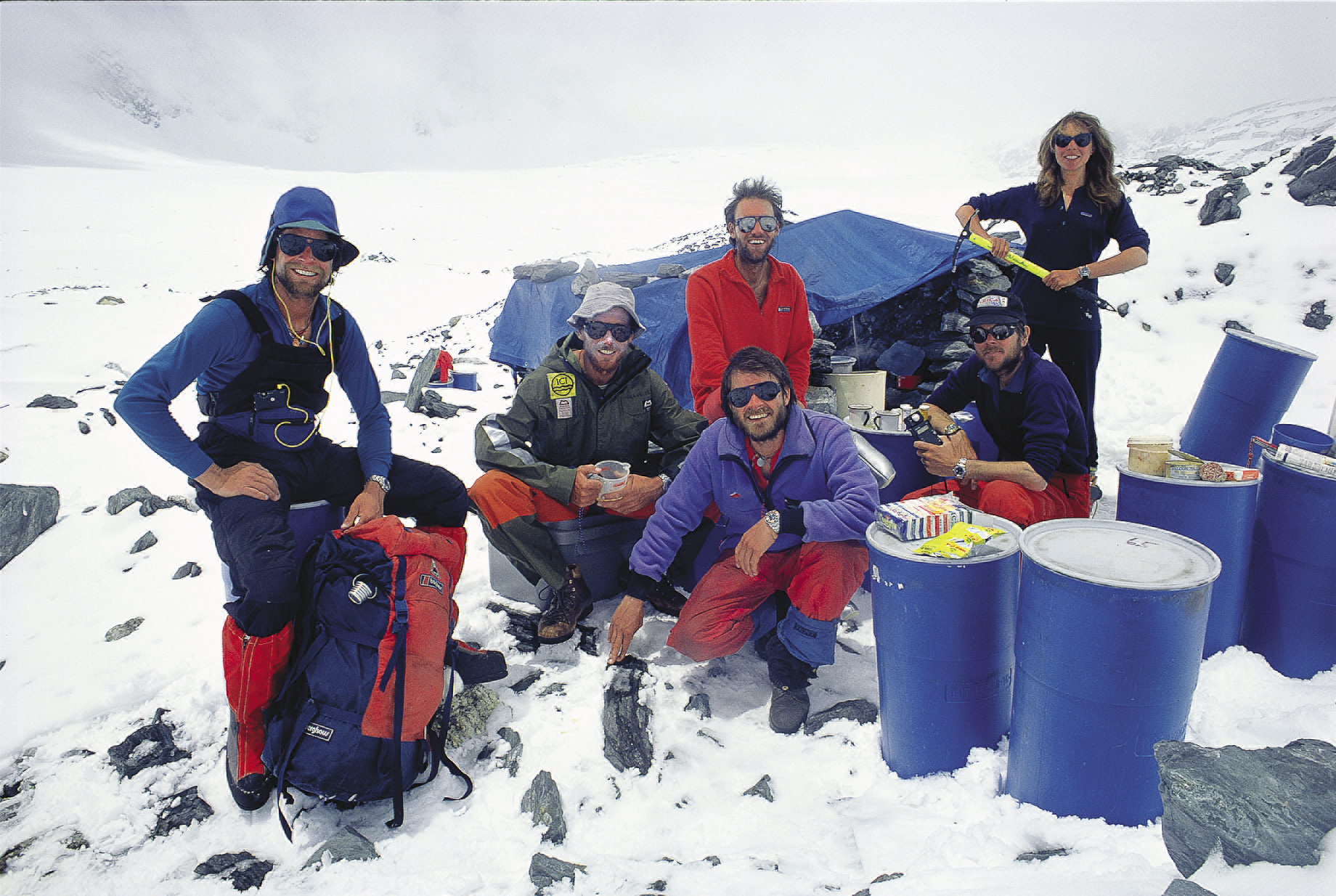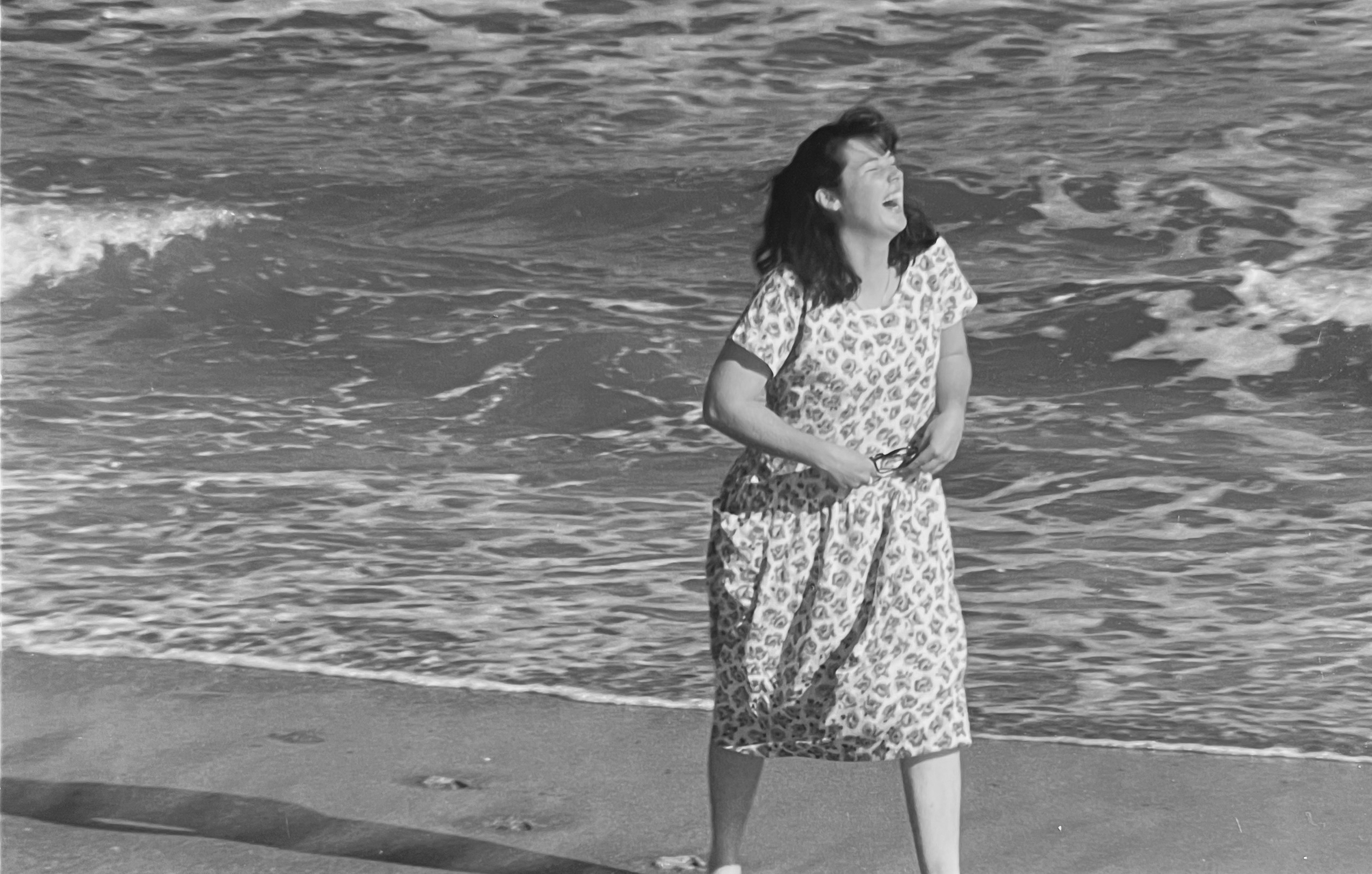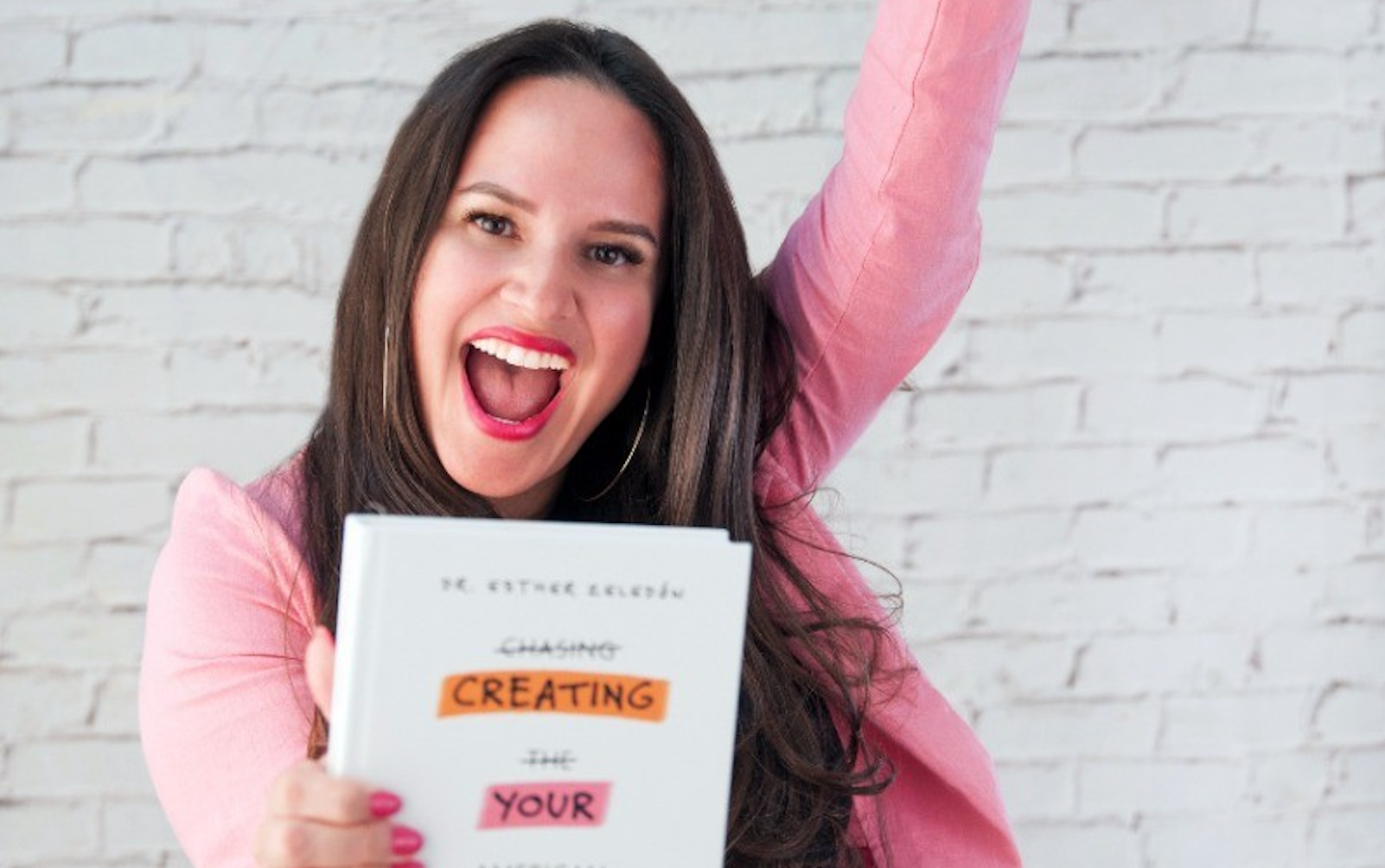
Most of us are already familiar with the type of school bullying antics best summarized in the hit movie ‘Mean Girls’. So popular was that movie, that the term “mean girls” has become an unofficial way to describe people who are nasty to other kids at school, online, or even in the adult world (yep, bullying doesn’t end in the school yard sadly).
One of the pivotal scenes in the movie was where the “plastics” show how they rule the political world of the lunch room, by telling non-cool students “you can’t sit with us”. That slogan has made its way onto t-shirts, once again showing just how pervasive bullying culture is in society.
In 2015, the Kind Campaign, known for its movement to dismantle girl-on-girl bullying across schools in the US, released a t-shirt plastered with the saying “you CAN sit with us” (emphasis ours) because in a world where there is so much hatred, division and ugliness, it’s time to spread positivity among the youth at a time when it is most important. The attitudes and perspectives fostered among teens are often carried into their adult lives, and we applaud the Kind Campaign for taking a stand against the “mean girls” attitude.
In the spirit of “you can sit with us”, a teen student has gone a few steps further and created a genius mobile app that seeks to foster community and fight against bullying. Sit With Us addresses the anxiety of finding a friend or a group of friends at lunch and makes it easy for a student to find people they know they will be welcomed by.

The app was created by Natalie Hampton, a 16 year-old from Sherman Oaks, California, who launched her creation early September. It was inspired by her own experience at an all-girls private school in Los Angeles. During 7th grade, she spent the entire year eating alone which made her vulnerable, and an easy target for bullies, according to the Huffington Post.
She was called names, pushed into lockers, excluded from parties, physically assaulted, and even had death threats.
In an interview with NPR, she detailed exactly how the bullying made her feel as well as the lack of friends.
“When you walk into the lunchroom and you see all the tables of everyone sitting there and you know that going up to them would only end in rejection, you feel extremely alone and extremely isolated, and your stomach drops. And you are searching for a place to eat, but you know that if you sit by yourself, there’ll be so much embarrassment that comes with it because people will know and they’ll see you as the girl who has nowhere to sit,” she told NOR host Audie Cornish.
Natalie ended up changing schools, but wanted to find a way to prevent others from going through what she did, an experience which still upsets her to this day. She explained how the app works and why she hopes it will be a tool of empowerment for kids who feel vulnerable or alone.

“It’s a free lunch-planning app where kids can find lunch tables if they feel like they have nowhere to go. Pretty much, kids can sign up as ambassadors for a Sit With Us club and agree to post open lunches so that anyone who has the app and has nowhere to go can find a table and hopefully make some new friends,” she said.
The decision to make this anti-bullying idea digital rather than physical was strategic on Natalie’s part, but also speak to the culture of the younger generation which is very digital-focused.
“I tried many times to reach out to someone, but I was rejected on many times. And you feel like you’re labeling yourself as an outcast when you ask to join a table with someone you don’t know. This way it’s very private. It’s through the phone. No one else has to know. And you know that you’re not going to be rejected once you get to the table,” she said.
Natalie also told the Washington Post (yay for all the huge media attention she and her brilliant app are getting!) that her idea goes beyond just helping an individual student feel welcomed. It is about fostering a community of positive students with the hope that bullying culture is dismantled by those who have the ability to be empowered and feel included.
“Lunch might seem really small, but I think these are the small steps that make a school more inclusive. It doesn’t seem like you’re asking that much, but once you get people in the mindset, it starts to change the way students think about each other. It makes a huge difference in how they treat each other,” she said.

Bullying has become a national focus, all the way to the White House. In October 2015, the Obama Administration launched its #ActToChange Movement Against Bullying, which addressed not just bullying in school, but bullying that happens to ethnic minorities across the country. Along with the Asian American Pacific Islander (AAPI) community which experiences discrimination due to 1 out of 3 members not speaking English fluently.
The initiative is encouraging people to speak out, share their own stories and be an ally to those who are feeling marginalized or victimized. Bullies often get a free reign to continue their terror because a victim or target is too scared to speak out in fear of retaliation. But when more and more people are encouraged to raise their voice, we start to chip away at the problem.
What Natalie has created is a way to ensure bullying that begins in the playground does not get a chance to fester and grow and make its way into the workforce. She will be attending the Girls Can Do conference in Washington in November to talk about her idea, but it is already becoming a sought-after piece of technology.
Natalie and her mom have been talking to a number of school administrators across the country to see how Sit With Us can be utilized for even more students. With the presence of digital devices as standard in many schools (even mandatory in some), this app could revolutionize the social lives of students at a very impressionable and crucial time in their lives.

A study conducted by Princeton, Rutgers and Yale University during the 2012-2013 school year found when students stand up to bullying, it can have a huge effect.
“By seeding the network with students who were encouraged to take a public stance against typical forms of conflict at their school, our intervention reduced overall levels of disciplinary reports of peer conflict by an estimated 30% over. To put this in perspective, our estimates imply that the intervention reduced the total number of disciplinary events from 2,695 events to 2,012 events across the 11,938 students in treatment schools. The intervention successfully spread new anti-conflict norms and behaviors through a student network using a small number of seed students encouraged to publicly oppose conflict,” a summary of the study said.
Natalie is already seeing positive results first hand, and hopes it will continue.
“I had my first club meeting the other day, and everyone was very excited. And people are already posting open lunches at my school. So I’m very excited that things are already kicking off with a great start,” she told NPR.
We hope her story will continue to reach more and more students, and that her app will make a major difference in the lives of those who have become victims of bullying at school.

















